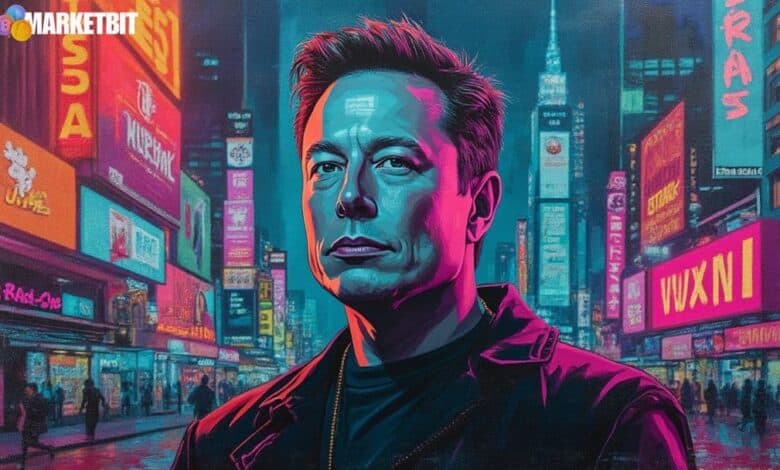Musk’s xAI Suing OpenAI Over Trade Secrets

- xAI’s lawsuit against OpenAI alleges trade secret theft and poaching.
- No immediate financial or market shifts detected.
- Possible long-term repercussions on IP management.
Elon Musk’s xAI has filed a lawsuit on September 24, 2025, against OpenAI in the U.S. District Court for Northern District of California over alleged trade secret theft.
The lawsuit underscores escalating tension in the AI industry, potentially influencing intellectual property management and corporate ethics, with no immediate financial or market impact verified.
Elon Musk’s xAI has initiated legal action against OpenAI, citing systematic theft of trade secrets and recruitment of key personnel. The legal claim, filed in California, centers around alleged breaches involving xAI’s proprietary data and Grok codebase.
In the lawsuit, xAI accuses OpenAI of enticing its former employees with privileged access to confidential strategies. Musk, a previous OpenAI co-founder, aims to address perceived ownership violations. OpenAI refutes these claims, dismissing them as unfounded allegations. As Musk stated, “This lawsuit is not just about trade secrets; it’s about the integrity of the AI sector and the people who work in it.” AINVEST
Currently, there is no evidence of financial disruption linked to the lawsuit. The legal action underlines an intensifying battle over AI talent and ideas. However, immediate market impacts remain undetected, with no recorded asset movements.
Financial and market implications hinge on the lawsuit’s outcome, though no significant shifts are visible. This highlights the competitive pressures in AI, with legal battles influencing corporate strategies yet not inducing immediate financial ramifications.
The case may lay groundwork for future IP-related lawsuits, potentially altering industry standards. As of now, it has not triggered changes in crypto assets. Trade secret management could evolve, impacting corporate legal strategies if the suit progresses.
The lawsuit reflects ongoing tensions in the tech sector over intellectual property and talent acquisition. This scenario draws parallels with historical disputes like Waymo v. Uber, though initial analysis shows limited direct effects on cryptocurrencies or regulatory frameworks.




